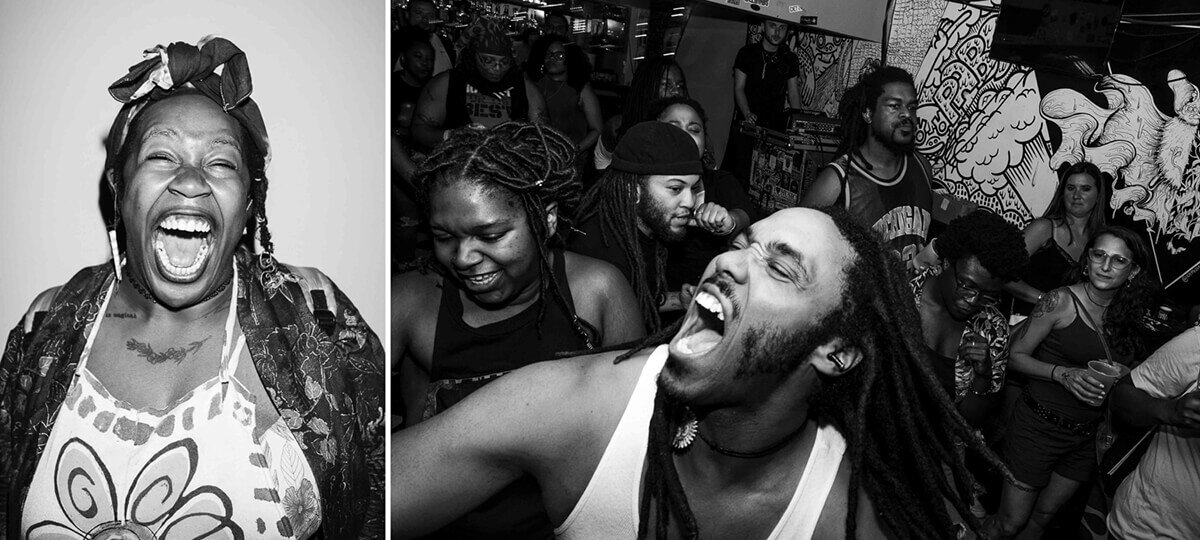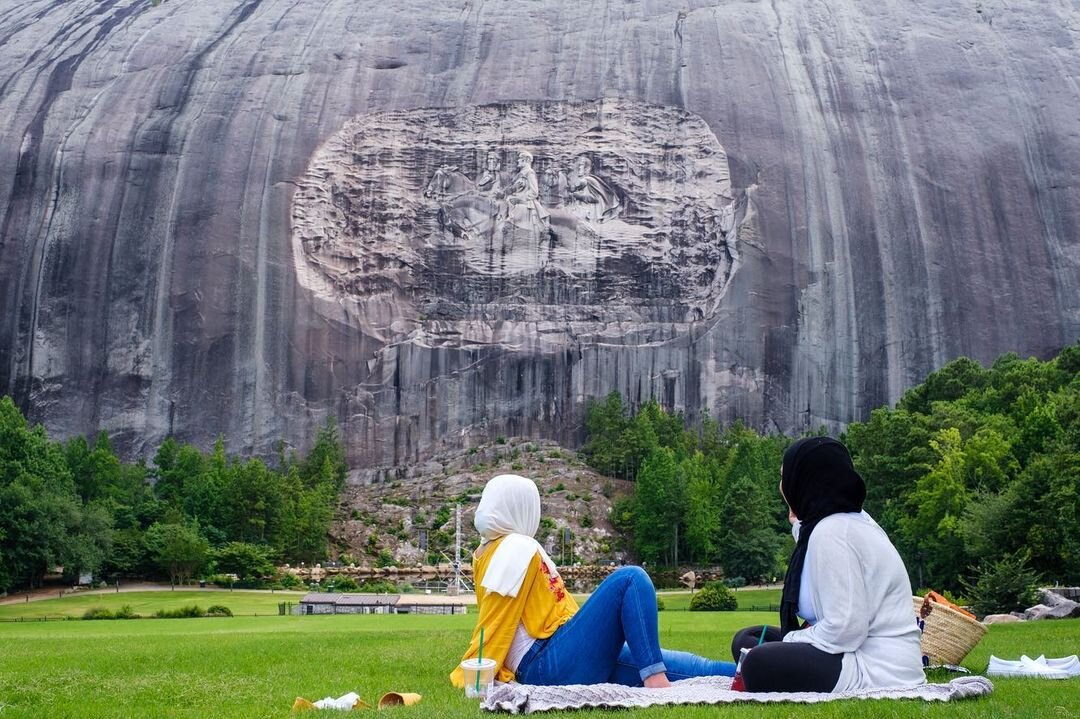More Than Photographers: Documenting Isolation and Identity with Adobe Scholarship Recipient Arvin Temkar
To adhere to the ever-changing global travel restrictions and keep our community safe during the COVID-19 pandemic, our team at Photographers Without Borders paused in-person storytelling workshops in March 2020. A quick pivot allowed us to provide online storytelling classes to continue inspiring others on how to craft powerful visual stories in an ethical way.
This change allowed storytellers around the world to access our classes, which led us to an incredible partnership with Adobe. Together, Photographers Without Borders and Adobe are able to provide scholarships for storytellers living with disabilities as well storytellers who identify as BIPOC and/ or 2SLGBTQ+. Thanks to generous support from Adobe, Photographers Without Borders was able to provide an additional 10 scholarships to budding storytellers. One of the Adobe recipients, Arvin Temkar, documented a powerful story about isolation during the pandemic.
Arvin is a writer and photographer located in Atlanta, Georgia. His freelance writing has appeared in The Washington Post, Associated Press, BuzzFeed, Boston Globe magazine, Forbes, Food & Wine, Quartz and USA Today. His photography has been featured in the Washington Post, BuzzFeed and LA Times.
Arvin recently sat down with Photographers Without Borders to discuss what it meant to be a scholarship recipient, his journey to becoming a storyteller, his experience in the online school, the intricacies of being a freelancer and working during COVID-19.
Image by Arvin Temkar
Q. What got you into photography?
I've always been interested in photography. I took a film photography community class in college, but I didn't start getting into it until 2018. That year, I took a motorcycle trip across the US from San Francisco to Washington, DC and back. I was able to take three months off of work for this epic journey, and I thought I should try to take photographs while on the trip. I felt it would be a great opportunity to do photography, so I started taking classes beforehand. I wasn't great, but going across the country and taking pictures of the people I met and the landscapes I saw made me fall in love with the practice.
Image by Arvin Temkar
Q. How has your journey as a storyteller evolved over the years?
As a kid, I was into reading books and always wanted to be a writer. I studied communications in college, journalism in grad school, and became a newspaper reporter. I was also an editor at an alumni magazine, so I've always been a storyteller and have been able to tell other people's stories.
But I discovered the power of visual storytelling during my motorcycle trip. When I interviewed people who I met along the way and took photos, I realized visual elements were such a powerful tool I hadn't used before. That's why I've been pursuing photography ever since.
Q. How did you connect with Photographers Without Borders?
I didn't go to school for photography, and I'd already done a master's degree. I didn't want to go back to school, so I was searching for resources on how to become a better photographer. I found various workshops online, and I followed PWB on Instagram. Then, I saw the scholarships that were offered and decided to apply.
Image by Arvin Temkar
Q. What did being a scholarship recipient mean to you?
I was happy to receive the scholarship, because right now I'm a freelance writer and photographer. I just started my business a year ago, and I'm still learning how to operate a business on my own. So having that opportunity to do a workshop and learn more about storytelling through a scholarship was huge for me.
Q. How does it feel to be a business owner/ freelance photographer?
I don't have an LLC yet, that's something Danielle (the Founder of PWB) encouraged me to do. But it's great to be a freelancer because I have the time to pursue the content and work that I want to pursue. I can make time for passion projects that I'm interested in, such as race and ethnicity in America, diversity, and social justice.
One of the things I got out of the workshop was the opportunity to talk to Danielle one-on-one and learn about her journey as a business owner. I was inspired to work on the things that I care about and try to incorporate that into my business. It's important to find work that makes money, but she also encouraged me to focus on that Ikigai concept that she introduced in class to try to create a business that thrives on passion.
Image by Arvin Temkar
Q. Have you done any projects around race and ethnicity?
I've done a few projects as a photographer. My first one was about American identity, which I took during my motorcycle trip. The main purpose of my journey was my interest in American identity, and I wanted to take the trip to get to know my country a little bit better. I'm half Indian, half Filipino, and I grew up on a military base in Japan. So I've always felt conflict in my identity as an American.
I wanted to continue looking at long-term documentary projects. So I moved to Georgia as a new freelancer and found a group called Punk Black. They champion POC punk rockers and rock and roll. So I travelled with them to concerts around the country to photograph their process and their shows. Part of my work is trying to break stereotypes. I was into punk rock while growing up in high school and in college, and I felt like I was the only person of color at these mostly white punk rock shows. So it was important to me to have the opportunity to find and document people who are interested in punk rock and have felt a kind of alienation.
The last project I worked on that had to do with race and ethnicity was in Georgia at a place called Stone Mountain. Carved into the mountain are Confederate generals, and it's the largest Confederate monument in the world. It has a very racist, sordid past.
It's close to my house, and I wanted to see what's going on in that community. I went there and was surprised as a newcomer to the south that the area was incredibly diverse. Walking around Stone Mountain and driving around the community almost felt like being in Queens, New York. I started documenting portraits of the people who I met there and had that piece—a written essay and some of my portraits—published in The Washington Post. I've just been following my passions and trying to find a way to turn it into a business
Image by Arvin Temkar
Q. How was your experience in PWB's online storytelling school?
The pandemic had been going on for a while, and I'd been pursuing projects and doing documentary work about an amphibian researcher here in Atlanta. It was hard to find these stories where I felt I could be safe documenting, particularly, because I had limited PPE. I wasn't working for a publication that could set me up—I was doing everything on my own, trying to get experience and tell the stories that mattered.
For the online school, I tried to turn inward on myself instead of focusing on other people. I often write about myself, so I thought trying to do that in a photographic form would be an interesting exercise. It was great to have that opportunity to get guidance and feedback through the program and the other students.
Image by Arvin Temkar
Q. What insight did you draw from the guest lecture by Vi Ngyuen from Adobe?
The guest lecture by Vi Ngyuen was interesting and inspiring. I enjoyed hearing Vi talk about how she conceptualized and worked through her Vietnam project, as well as her career path. I also got insight into practical things, like organizing your Lightroom catalogue and toning images.
Q. Can you discuss your final project?
I had a conversation with my friend about how she quit Instagram because she was tired of seeing people's curated lives. And I'm guilty of the same thing. I think Instagram is a place where you share the best version of yourself, things you're doing that are exciting or things you're proud of. I noticed you never portray your whole self in public situations, but I thought it might be helpful and honest to myself to try to portray what it felt like during the quarantine.
I tried to document the emotions of being isolated, alone and the difficulty of making it through the day. I've spent a lot of time just face down on the couch because things get overwhelming. I wanted to show myself and try to be real.
Image by Arvin Temkar
Q. How has the COVID-19 pandemic impacted you?
It's been challenging, as I'm sure it has been for everybody. For me, I wanted to use this year to work on documentary projects. And it's been tough to find projects that I feel are safe to work on. I've managed to do a little bit, and I feel very grateful for that.
I also feel very worried about my loved ones. Fortunately, I haven't had anybody in my inner circle get sick, but I'm still worried about it.
Q. What are some things you're looking forward to in the upcoming year?
I left the workshop very inspired, particularly from the insight and advice Danielle gave me as a freelancer and moving forward in my career. I look forward to working on more projects indoors as a documentary photographer and continuing to learn the craft as a writer.
Image by Arvin Temkar
Q. Are there any communities that you'd like to work with in the future?
I recently had it brought to my attention by a mentor that a lot of my work focuses on the outward signifiers of identity, like black punk rockers or monks in Mississippi. This is very interesting because I've always felt like I exist outside of the mold. It feels great to be able to highlight communities that people might not automatically think about. My mentor has challenged me to find other stories and to try to investigate deeper into the issues of race and ethnicity identity in America. That's something I'm working on now to try to find stories.
To see more of Arvin Temkar's work, visit his website arvintemkar.com and Instagram page @arvintemkar. Visit our online storytelling school page to register for an upcoming class and learn about scholarships.



















